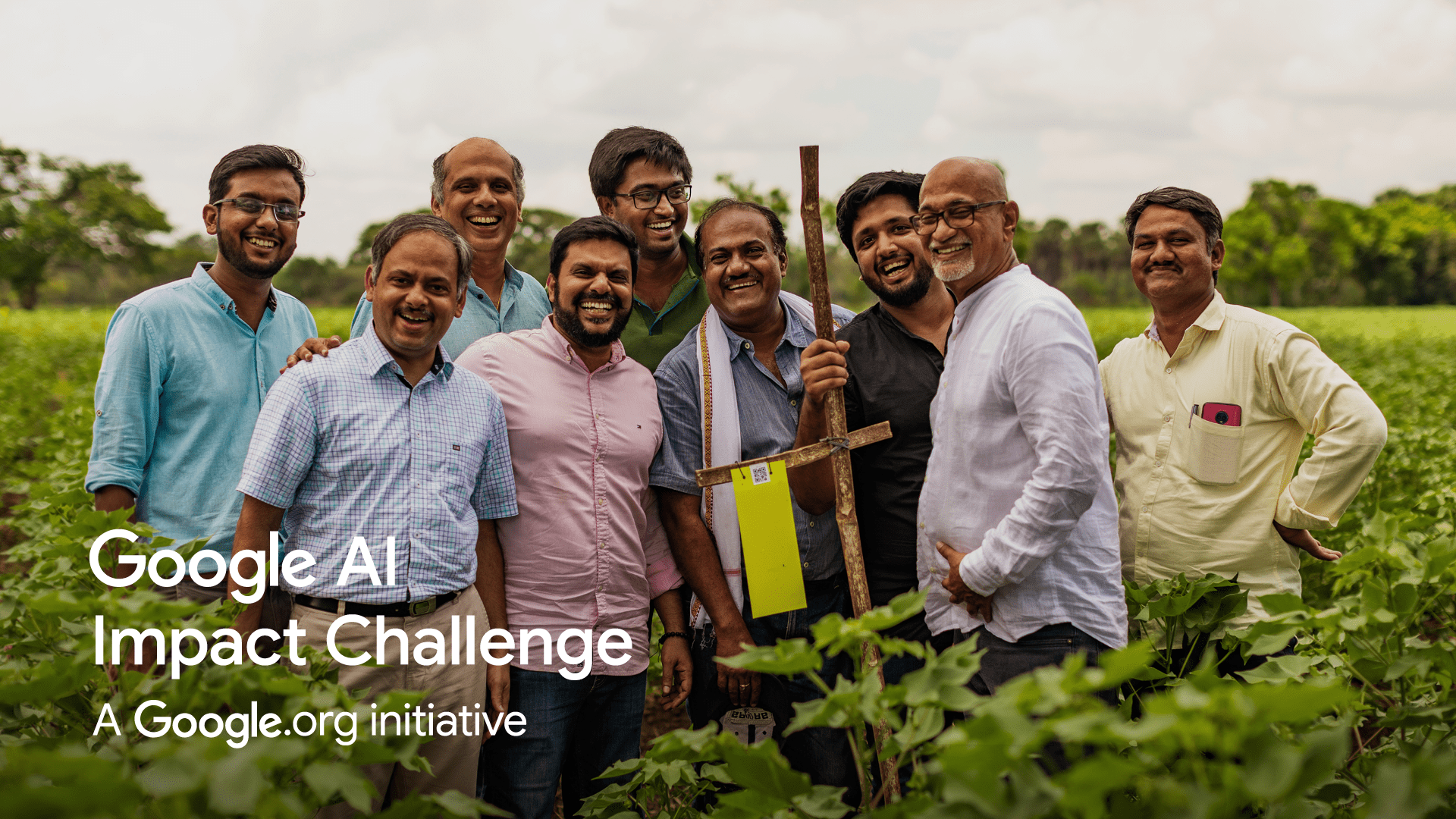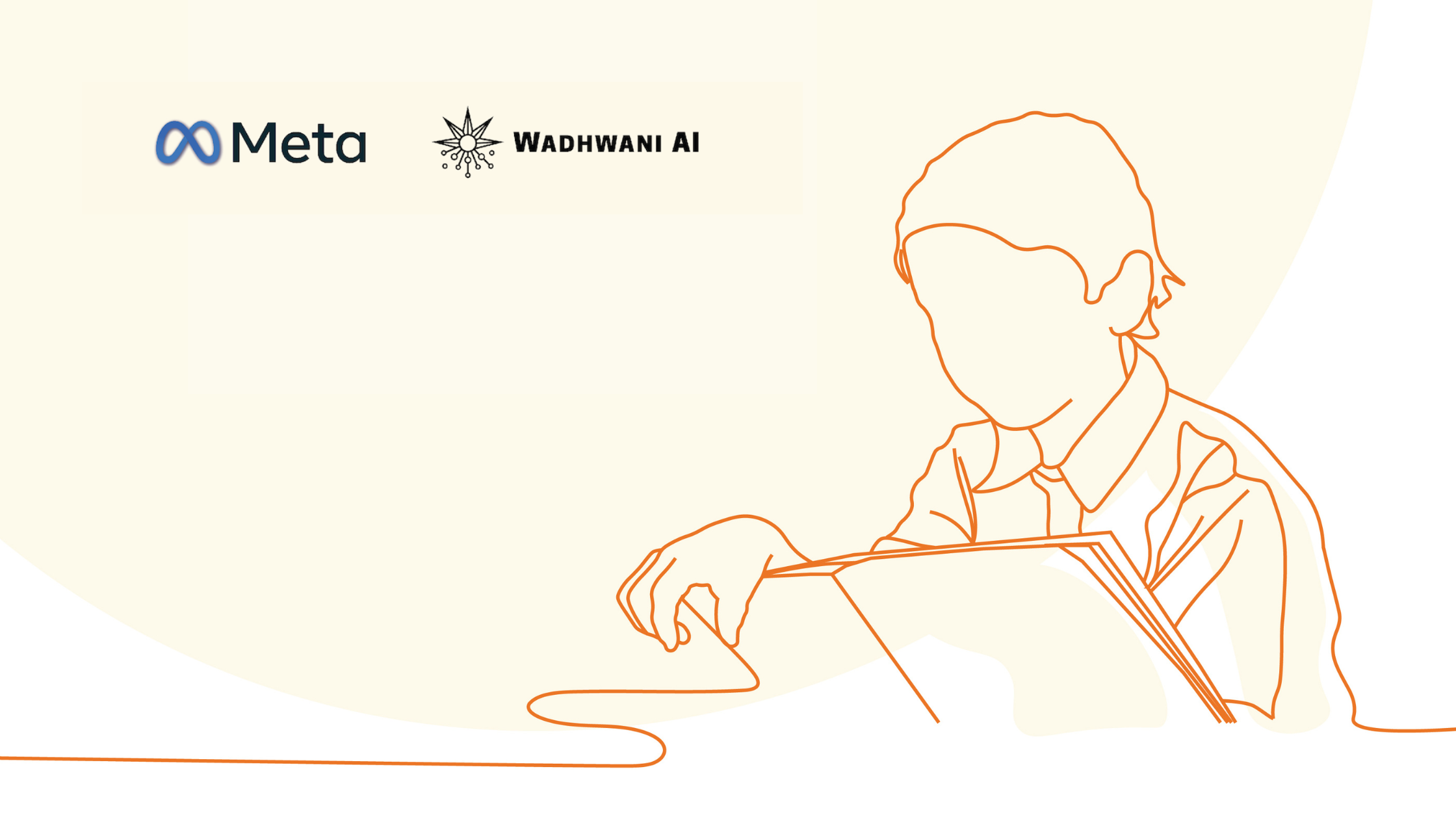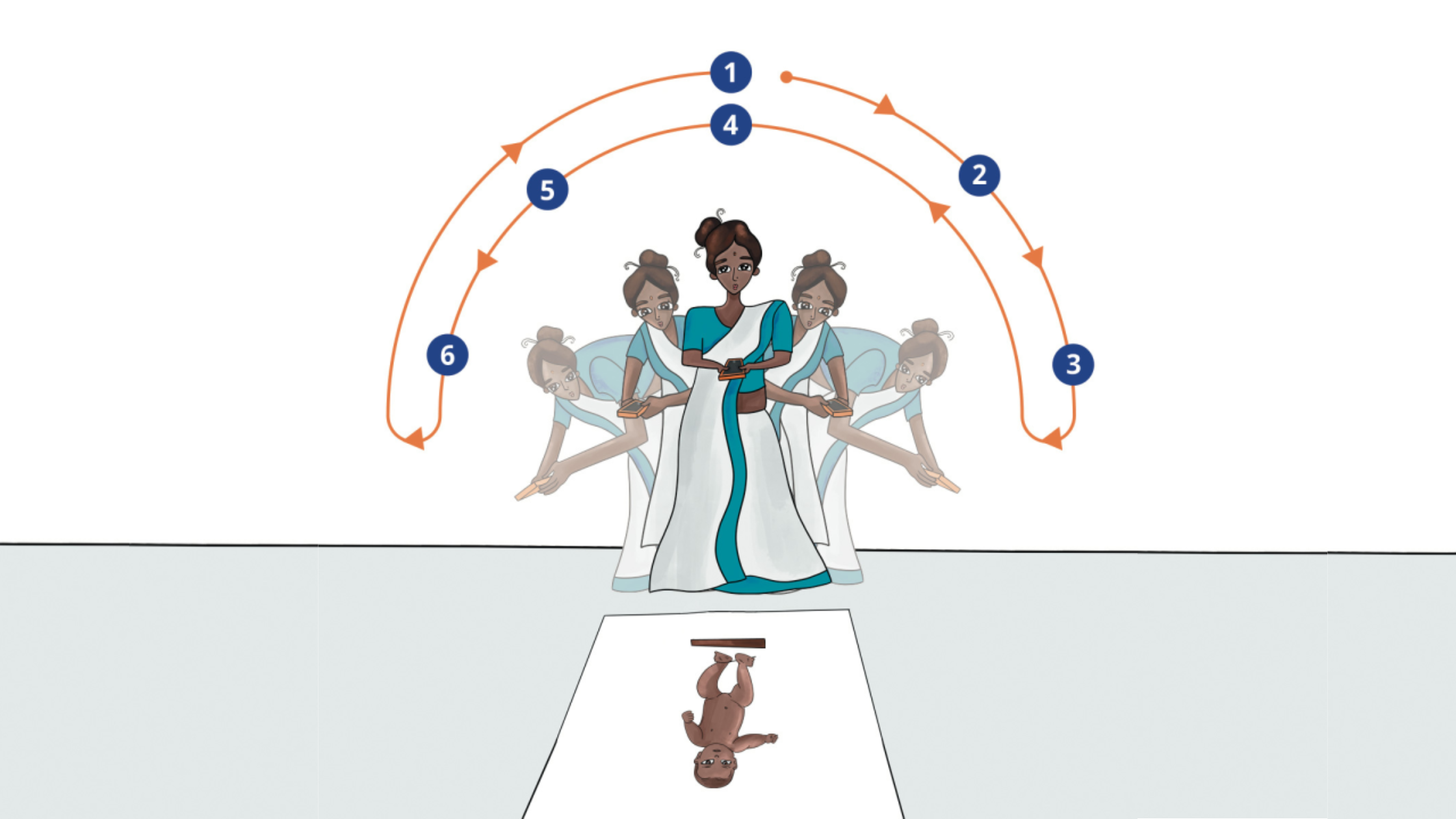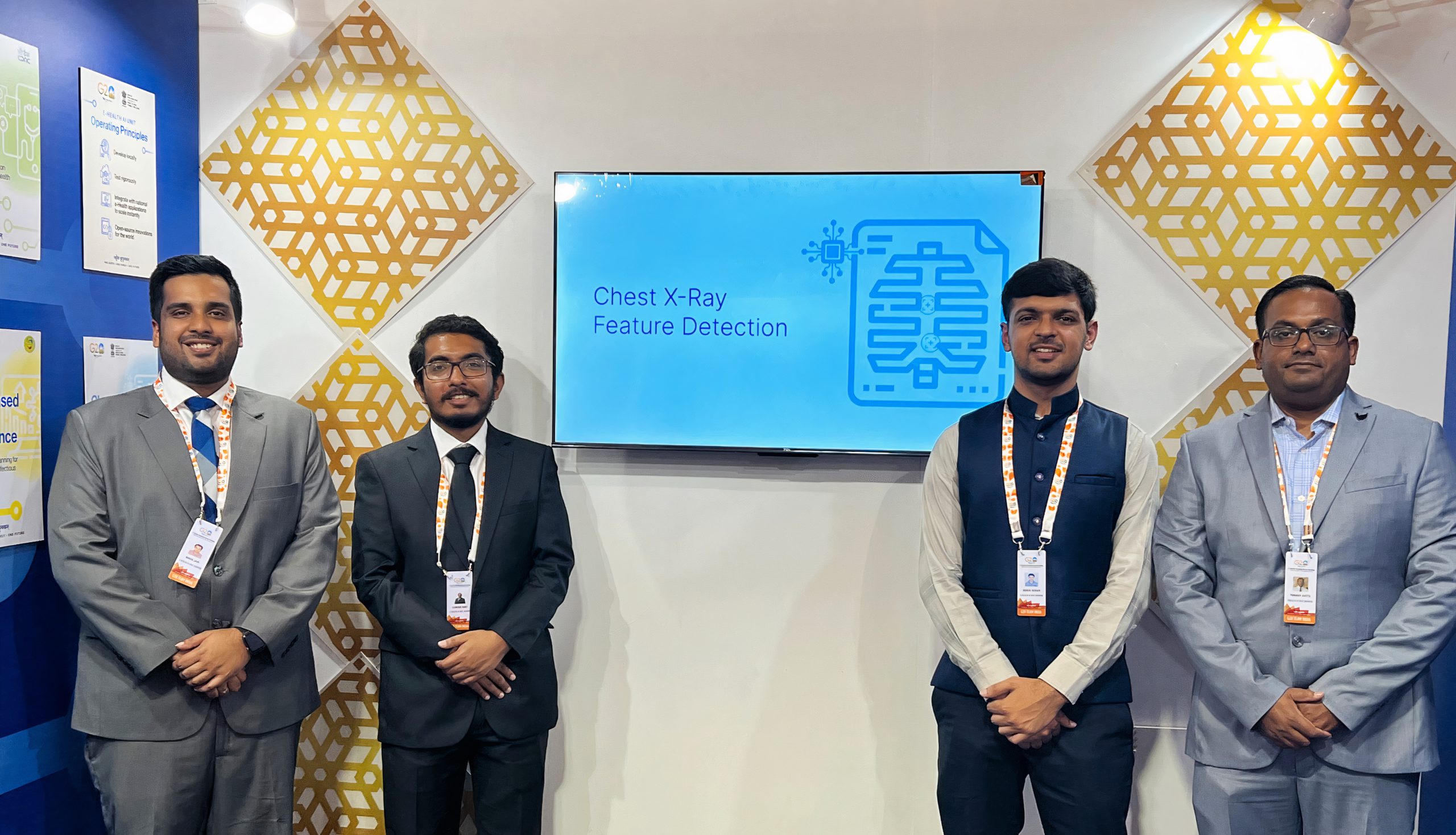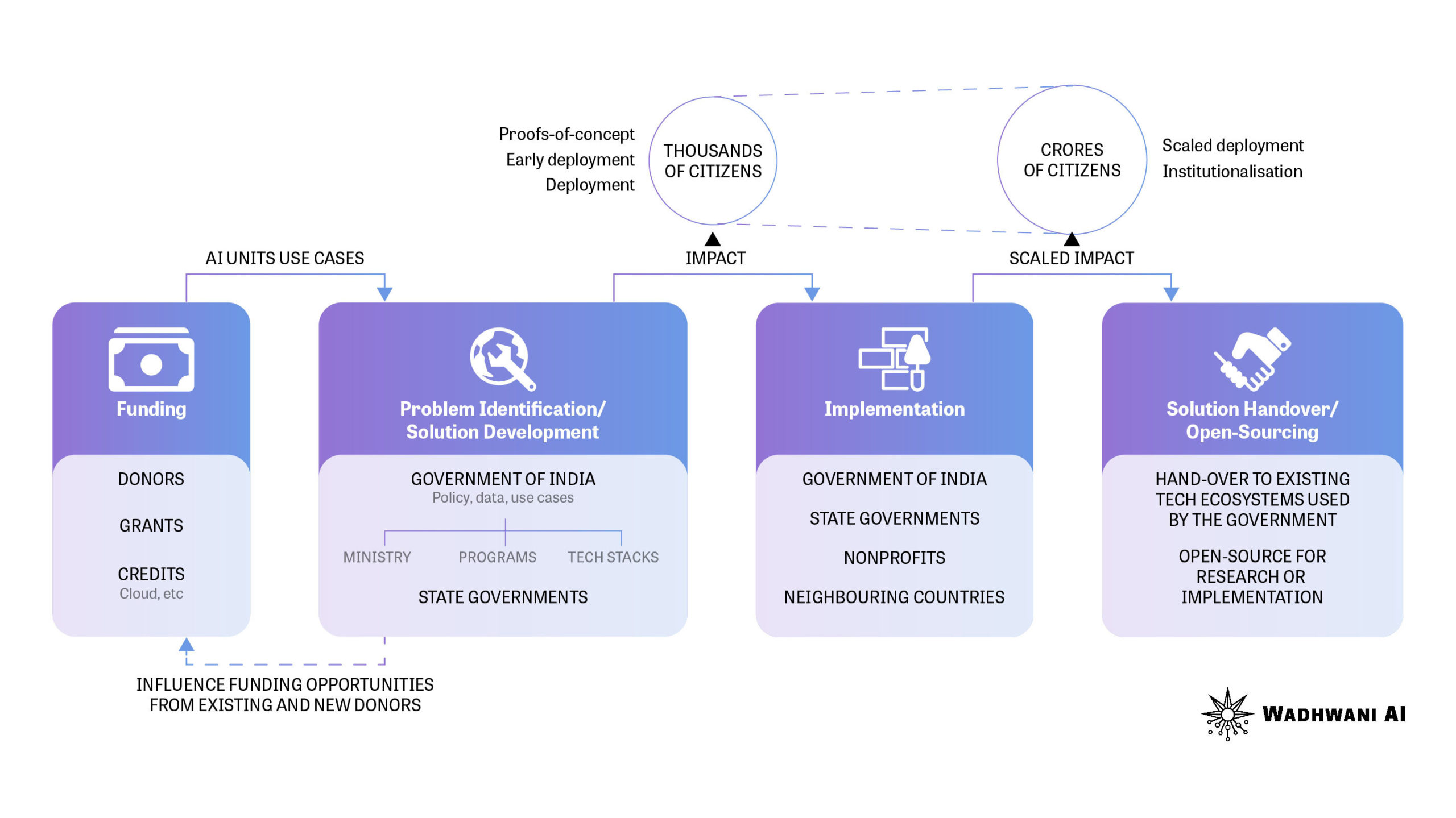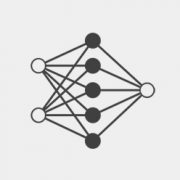We are thrilled to share that Wadhwani Institute for Artificial Intelligence is one of 20 organizations that will share $25 million in grants from Google.org, credit and consulting from Google Cloud and coaching by Google’s AI experts as a grantee of the Google AI Impact Challenge.
Wadhwani AI will receive a $2M USD grant to create technologies that will help reduce crop losses in cotton farming, through integrated pest management.
More than a billion people live in smallholder farmer households worldwide, and many of these farmers struggle with avoidable pest damage that can wipe out up to 50% of annual crop yield. For example, in India, for the 30 million people – 6 million farmers and their families – that depend on cotton farming for a living, inability to manage pests effectively is one the biggest risks. This, despite the fact that cotton accounts for close to half of India’s pesticide usage.
In our project, AI technology which runs on a basic smartphone, classifies and counts pests based on photos of pest traps taken by farmers and agriculture program workers. This solution can be used to provide millions of farmers with timely, localized advice, reducing crop loss and over-use of pesticides by improving the timing of usage.
Our partners are the Government of Maharashtra and members of the Better Cotton Initiative, who have facilitated farmer interactions and data collection, and will ultimately be able to integrate the solution into their programs. The project has the potential to develop a template that can be replicated in large-scale agriculture programs worldwide.
“We received thousands of applications to the Google AI Impact Challenge and are excited that Wadhwani AI was selected to receive funding and expertise from Google. AI is at a nascent stage when it comes to the value it can have for the social impact sector, and we look forward to seeing the outcomes of this work and considering where there is potential for use to do even more.”
— Jacquelline Fuller, President of Google.org
Raghu Dharmaraju, VP Products and Programs, said, “Small farmers worldwide depend heavily on government and nonprofit programs to figure out what to do at every step of the crop cycle. By using AI to augment human capabilities and overcome systemic challenges in these large-scale programs, we can help millions of farmers. Pest management is just the beginning.”
Dr. P Anandan, CEO, said, “Wadhwani AI’s mission is to use AI to help improve the lives of the billions of poor and underserved communities throughout the world. Agriculture is one of the critical domains in which we apply our efforts. We are grateful to Google and delighted to have their support and the benefit of their deep expertise and experience in developing AI solutions at scale.”
Next week, some of our colleagues will travel to San Francisco to dive into execution. For five days, all 20 organizations will join Google AI experts, Project Managers and the startup specialists from Google’s Launchpad Accelerator for a program that will last six months, from May to November 2019.
We look forward to sharing the journey with all of you!


